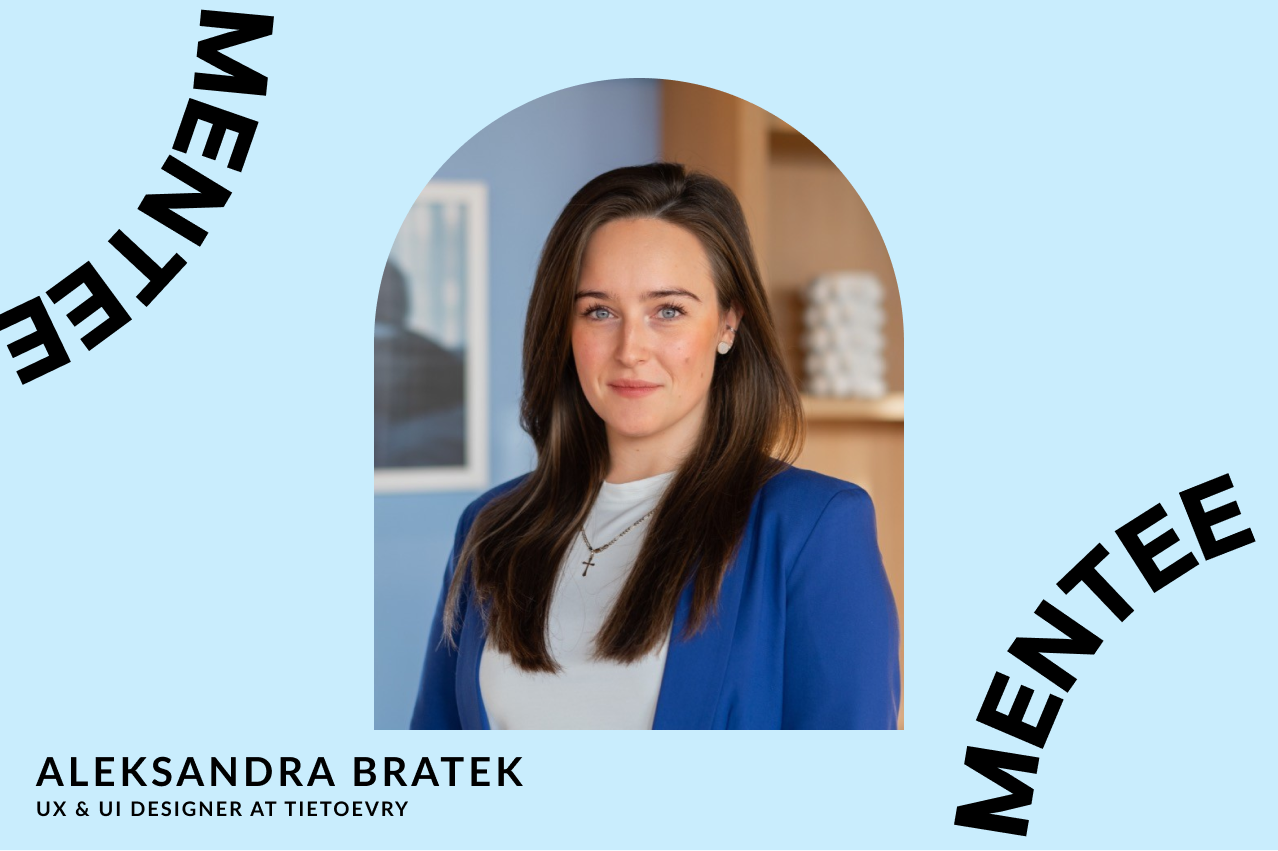
Imposter Syndrome (IS) is an experience where we are doubting ourselves and feeling like a fraud. Sometimes, it feels like you don’t deserve the accolades given to you and sometimes it literally feels like you are so stupid and incapable of doing the job given to you. Have you ever encountered such an experience? Well, you are not the only one. It happens to everyone from time-to-time.
I noticed that I was playing myself small when I started my mentoring program with Femme Palette. I was asked by my mentor to create a SWOT analysis for my skills and abilities to know the things that we need to work out inorder to meet my main goal of joining the program. As I started working on my own SWOT analysis, I was having a hard time realistically assessing myself and I was derating my skills and abilities. When I had presented it to my mentor, a LOT of self-doubt was flowing in my own self-assessment and in my defense, I can only say my skills and abilities are a strength if it is perceived positively by external factors. I didn't know at that time that I was experiencing some symptoms of Imposter Syndrome.
How did I slowly overcome IS?
The conversations I had with my mentor helped me break the cycle I have in my mind. But if you asked me if it was easy to have those conversations with my mentor? Definitely not. My shame holds me from fessing up my feelings. It took me 3-4 mentoring sessions just to get courage to be vulnerable enough to share my shame in front of my mentor. I was honestly hesitant to share my story because she was a stranger. My mentor guided me to see vulnerability as having the confidence to identify the things I need to work on myself.
Displaying vulnerability to her has slowly helped me communicate my thoughts and confess my feelings clearly. This clarity in our conversations helped my mentor determine what kind of approach she can use to guide me in retooling myself. It also gauges her to provide feedback that is genuine and applicable to me.
The feedback giving and receiving also help me learn how to separate my emotions from a given situation. I learned not to doubt myself because of the feedback given and knew that it is okay to take what will work for me and leave the rest.
Putting the learnings into action
Before I share how I started to put myself out there, I will go back to the reason why I joined the Femme Palette program. It all started when I was made redundant from my job (confirms all the self-doubt right?). I joined the mentoring program to get a mentor who can help me improve my CV, prepare for interviews and eventually land a new job. Little did I know, I will learn more than my initial intention of joining the program.
As I was learning from my mentoring program, I was also applying for different job opportunities and slowly building a healthier response when some imposter syndrome triggers appeared. I did some of the things below to change the narrative I have in my head:
It is normal to feel imposter syndrome. Recognizing it is a sign or an alert for yourself that you have an inner work to do to grow and build that skill and confidence. Just know what you need to overcome it.
Can you relate to this experience? Take this quiz to find out if you have Imposter syndrome yourself.



